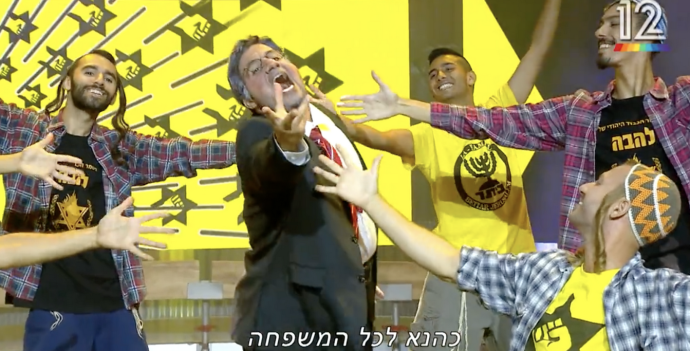WATCH: Why Anti-Zionism is Not Anti-Semitism
Oct 6, 2021
In this 2021 mini-documentary from The Electronic Intifada, Nora Barrows-Friedman explains the difference between anti-Zionism and anti-Semitism.
“A clear and simple way to define anti-Semitism is bigotry or discrimination against Jews just for being Jews. Palestinians have always clearly spoken out against anti-Jewish bigotry.
But I break down how supporters of Zionism are trying to contort and redefine what anti-Semitism is in order to shield Israel from accountability for its crimes against Palestinians.”





















